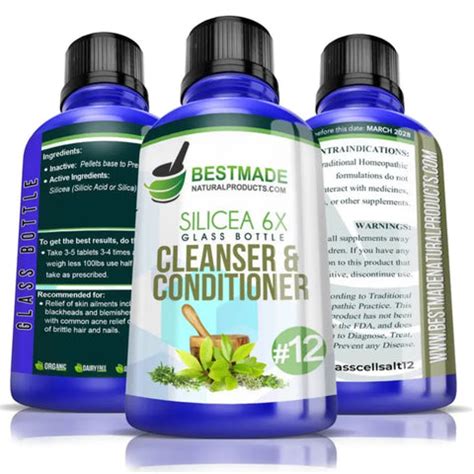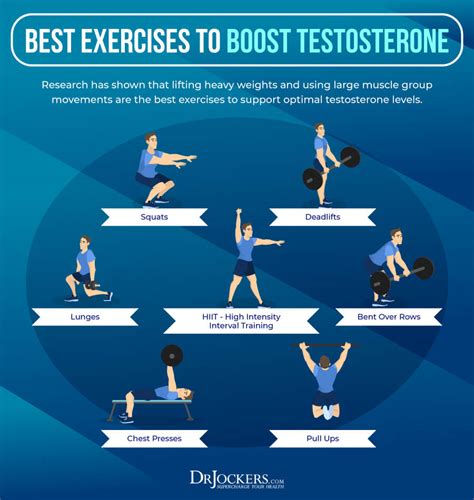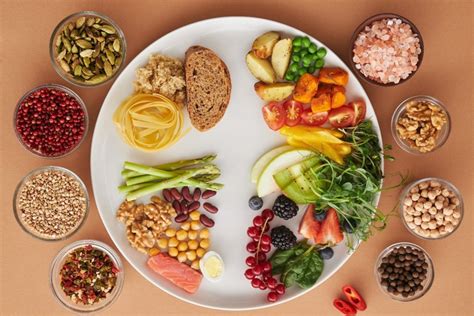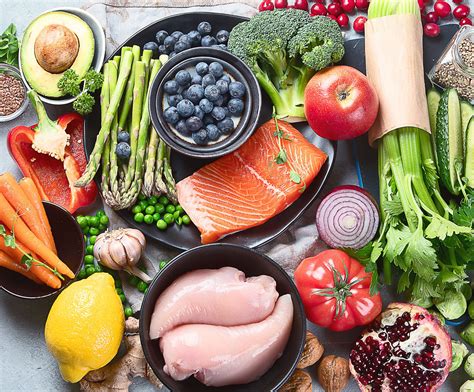Strategic nutrition for maximizing testosterone & vitality?

The Crucial Link Between Diet, Testosterone, and Vitality
In the pursuit of peak men’s health, optimizing testosterone levels and enhancing overall vitality stands as a cornerstone. While factors like exercise, sleep, and stress management play significant roles, nutrition is arguably the most foundational pillar. A well-constructed diet doesn’t just fuel the body; it provides the essential building blocks for hormone production, energy regulation, and cellular repair, directly impacting your testosterone levels and life force.

Macronutrient Mastery: The Foundation of Hormone Health
The balance of protein, fats, and carbohydrates is not merely about calories; it’s about signaling and synthesis. Each macronutrient plays a distinct, yet interconnected, role in testosterone production and energy metabolism.
Protein: The Building Block
Adequate protein intake is essential for muscle maintenance and growth, which in turn supports healthy testosterone. Aim for lean sources like chicken, fish, eggs, and lean beef. Protein also helps manage blood sugar, preventing insulin spikes that can negatively impact hormone balance.
Healthy Fats: Hormonal Precursors
Perhaps the most critical macronutrient for testosterone, healthy fats provide the cholesterol necessary for steroid hormone synthesis, including testosterone. Incorporate monounsaturated and polyunsaturated fats from sources like avocados, olive oil, nuts, seeds, and fatty fish (salmon, mackerel). Saturated fats in moderation from quality sources can also be beneficial, but trans fats should be strictly avoided.
Complex Carbohydrates: Energy & Anabolic Support
While often maligned, carbohydrates are vital for energy, especially for those engaging in regular physical activity. Sufficient carbohydrate intake prevents the body from breaking down muscle for fuel and supports anabolic processes. Opt for complex carbohydrates like whole grains, fruits, and vegetables, which provide sustained energy and fiber without causing dramatic blood sugar fluctuations.

Micronutrient Powerhouses: The Unsung Heroes
Beyond macros, a spectrum of vitamins and minerals acts as cofactors for enzymatic reactions involved in testosterone synthesis and overall cellular health. Deficiencies in these key micronutrients can significantly hinder optimal hormone function.
- Vitamin D: Often considered a pro-hormone, Vitamin D is directly linked to testosterone levels. Sun exposure is the primary source, but dietary intake from fatty fish, fortified foods, and supplements can be crucial.
- Zinc: An essential mineral for countless bodily functions, including immune health and testosterone production. Oysters, red meat, and pumpkin seeds are excellent sources.
- Magnesium: Involved in over 300 enzymatic reactions, magnesium plays a role in muscle function, energy production, and, importantly, free testosterone levels. Leafy greens, nuts, seeds, and whole grains are rich in magnesium.
- B Vitamins: A group of vitamins vital for energy metabolism and neurological function. B6, B9 (folate), and B12 are particularly important for hormone regulation.

Foods to Embrace for Enhanced Testosterone & Vitality
Focus on a diet rich in whole, unprocessed foods. Prioritize:
- Fatty Fish: Salmon, mackerel, sardines (rich in Omega-3s and Vitamin D).
- Leafy Green Vegetables: Spinach, kale, collard greens (high in magnesium, zinc, and other vital nutrients).
- Avocados: Healthy fats and magnesium.
- Eggs: Cholesterol (for hormone synthesis), protein, and Vitamin D.
- Nuts and Seeds: Almonds, walnuts, pumpkin seeds, flax seeds (healthy fats, zinc, magnesium).
- Berries: Blueberries, raspberries (antioxidants).
- Cruciferous Vegetables: Broccoli, cauliflower, Brussels sprouts (help modulate estrogen).

Foods to Limit or Avoid
Just as important as what you eat is what you don’t. Certain foods and substances can actively suppress testosterone and diminish vitality:
- Processed Foods: High in unhealthy fats, sugar, and artificial ingredients, contributing to inflammation and metabolic dysfunction.
- Excessive Sugar: Can lead to insulin resistance, increased body fat, and reduced testosterone.
- Trans Fats: Found in many fried and processed foods, these are detrimental to overall health and hormone function.
- Excessive Alcohol: Can impair liver function and directly reduce testosterone production.
- Soy Products (in excess): While controversial, some studies suggest very high intake may have estrogenic effects.
Beyond the Plate: A Holistic Approach
While nutrition is paramount, remember that it works in concert with other lifestyle factors. Regular strength training and high-intensity interval training, adequate sleep (7-9 hours), and effective stress management are all critical for optimizing testosterone and maintaining vitality. Hydration and gut health also play often-overlooked roles in overall well-being and nutrient absorption.

Conclusion: Empowering Your Health Through Strategic Eating
Strategic nutrition is a powerful tool in your arsenal for maximizing testosterone and vitality. By focusing on whole, nutrient-dense foods, ensuring adequate intake of healthy fats, quality proteins, and complex carbohydrates, and being mindful of key micronutrients, you can create a dietary foundation that supports optimal hormone health. This isn’t about restrictive diets; it’s about making informed choices that empower your body to thrive, leading to increased energy, better mood, enhanced physical performance, and overall improved quality of life.









